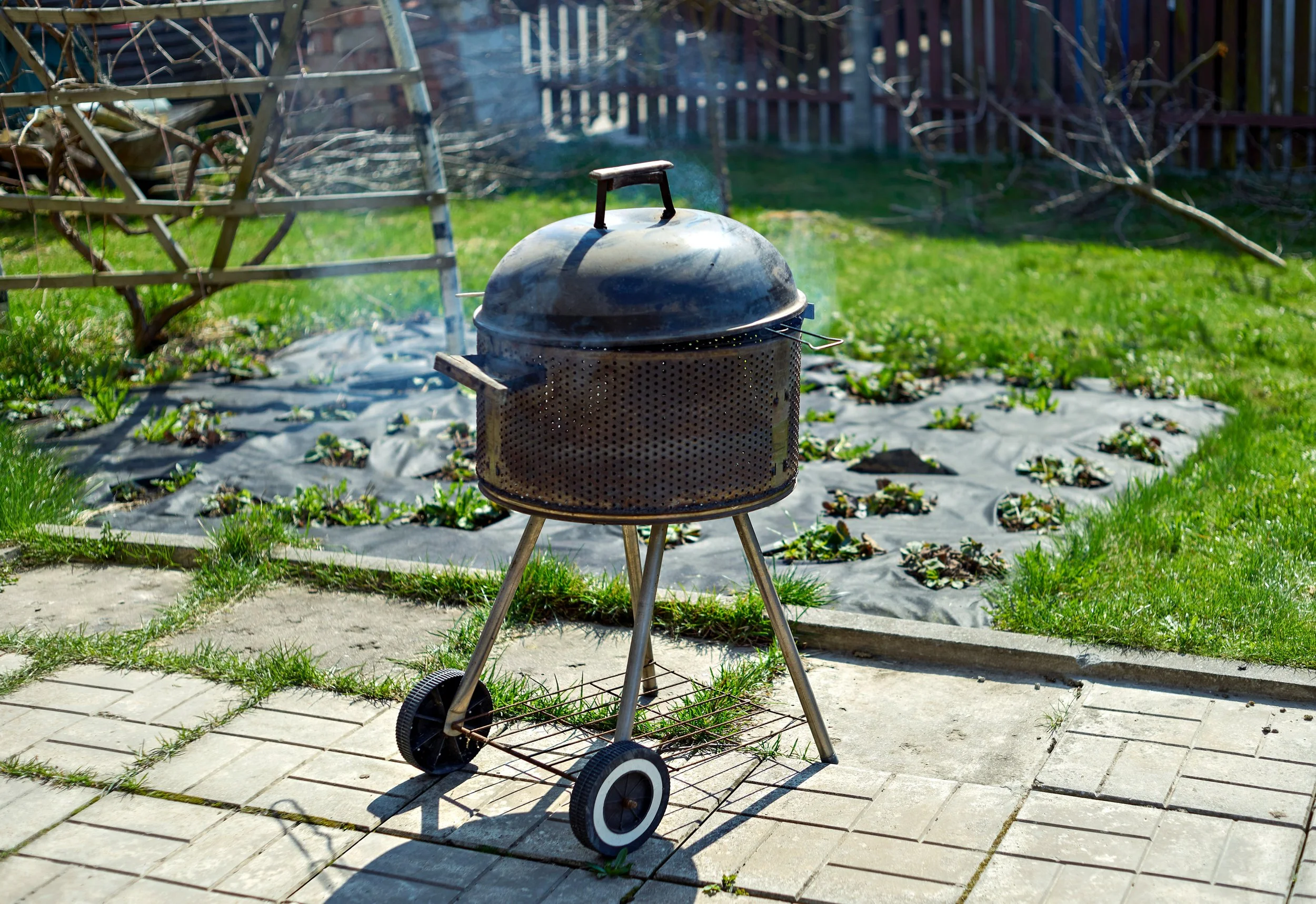You're Invited to the Cookout: The influence of traditional African-American dishes in the summer
WRITTEN BY IMANI STEPHENS
James Beard Award-winning author, Michael Twitty, shares his insight on the influence of traditional African-American dishes in the summer
Food – it’s needed for our survival, but food also provides the opportunity to celebrate, reflect, and honor.
Former President Abraham Lincoln signed the Emancipation Proclamation in 1863, but enslaved African-Americans in Texas were not told of the news until years later. On June 19, 1865, a Union army troop traveled to Galveston Bay, Texas, informing enslaved African-Americans that they were finally legally free.
Today, and in the years following the year 1865, a day of celebration emerged, referred to as Juneteenth. The day is also often referred to as Emancipation Day or Jubilee Day.
The Dream Team needs your help to continue amplifying the voices and stories of Black youth and young adults working to transform silence into language and action. Can we count on your support?
Nearly 156 years later, The Juneteenth National Independence Day Act was signed into law, recognizing Juneteenth, as a federal holiday by President Joseph Biden.
“It was this long drawn out sort of like experience where each community had its own experience with liberation. Some earlier than others, some later than others,” Michael Twitty, a James Beard award-winning author, said.
In an effort to commemorate the day, a cookout or family-style picnic is commonly hosted. Food, music, family, and friends are a part of the sights and sounds on this summer day.
“You better believe that every time that they found out they were free, the community found a way to come together; potluck style, have a barbecue, have a fish fry, have something to commemorate that,” Twitty said.
However, it’s more than what’s on the plate.
“For many oppressed and marginalized communities, food is for us a source of healing, comfort in a way of sharing and sourcing love,” Twitty said.
From barbeque pork ribs, peach cobbler, potato salad and collard greens – those are just a few of the delicious foods that symbolize the cultural significance of food in the African-American community.
Not only food is significant – but Twitty shares that the color red is significant to the food on the table.
“One can suggest sacrifice, struggle, blood, power. It's the color of the power to make things happen, creativity, love and joy,” Twitty said.
According to the National Museum of American History, in 1860, enslaved people were worth an estimated $2.7 billion.
While it is believed that the food of the African-American community was influenced by the slavery era, Twitty argues that is a myth. Rather, Twitty said enslavers wanted the most amount of labor with the least amount of calories.
“We try to make the most amount of food to feed the most people so that everybody feels that sense of hospitality and generosity,” Twitty said.
“[It’s] an opportunity to understand how much we have in common, the beauty of our diversity as Black people, but also to sort of make this link, this holiday makes the celebration more our own.”
Juneteenth is a day marked in American history, for celebration, reflection, and community.
“History that shaped by both an ancient history with agriculture, foraging, fishing, hunting, animal husbandry, as well as the transatlantic slave trade,” Twitty said.
Click here for a link to recipes created by Michael Twitty, on his website, Afroculinaria.
Imani Stephens (she/her) is an experienced multimedia journalist. She is an eager and passionate journalist with a focus on investigations, law, justice, crime and politics.


